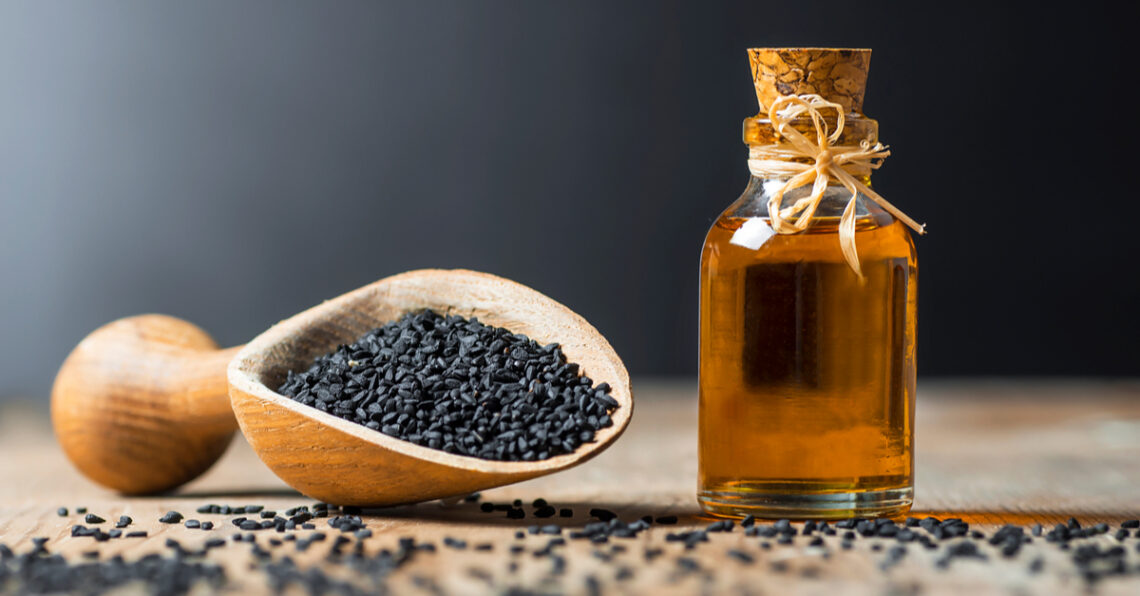
Black cumin or Nigella sativa (N. sativa) is a flowering plant with various medicinal properties. Its seed extract and oil have been widely used for centuries as a natural treatment for many diseases, such as rheumatoid arthritis, asthma, inflammatory diseases, diabetes and digestive diseases.
Thymoquinone, the main constituent of black cumin seed oil, has various properties including hepatoprotective, anti-inflammatory, antioxidant and anti-cancer effects.
How does black cumin help in the fight against cancer?
Black cumin activates a self-destructive mechanism in cancer cells, as well as inhibits growth and proliferation of cancer cells by affecting their genetic pathways.
Studies have shown that black cumin has effects on various types of cancer, including leukemia, brain tumor, liver cancer, breast cancer, kidney cancer, melanoma, stomach cancer, prostate cancer, and bladder cancer.
Black cumin can also be used synergistically with different conventional chemotherapy by enhancing effectiveness of chemotherapy, reducing side effects and drug resistance problem.
Furthermore, black cumin enhances the effects of natural killer (NK) cells, a type of immune cells, in fighting against cancer cells.
How is black cumin administered?
Black seed oil can be taken in either capsule or liquid form. The recommended dose for anti-cancer effect is 1000-2000 mg per day.
There are many studies on the anti-cancer effects of black cumin. Here are some examples below:
- This study explains how black cumin causes the death of cancer cells.
- This study talks about the various uses of black cumin as a natural remedy.
- Another study explains the mechanisms of black cumin on cancer cells.
- This study explores the biological properties of Thymoquinone, the main constituent of black cumin.
- This last study discusses about how black cumin enhances the effect of NK cells on cancer.






